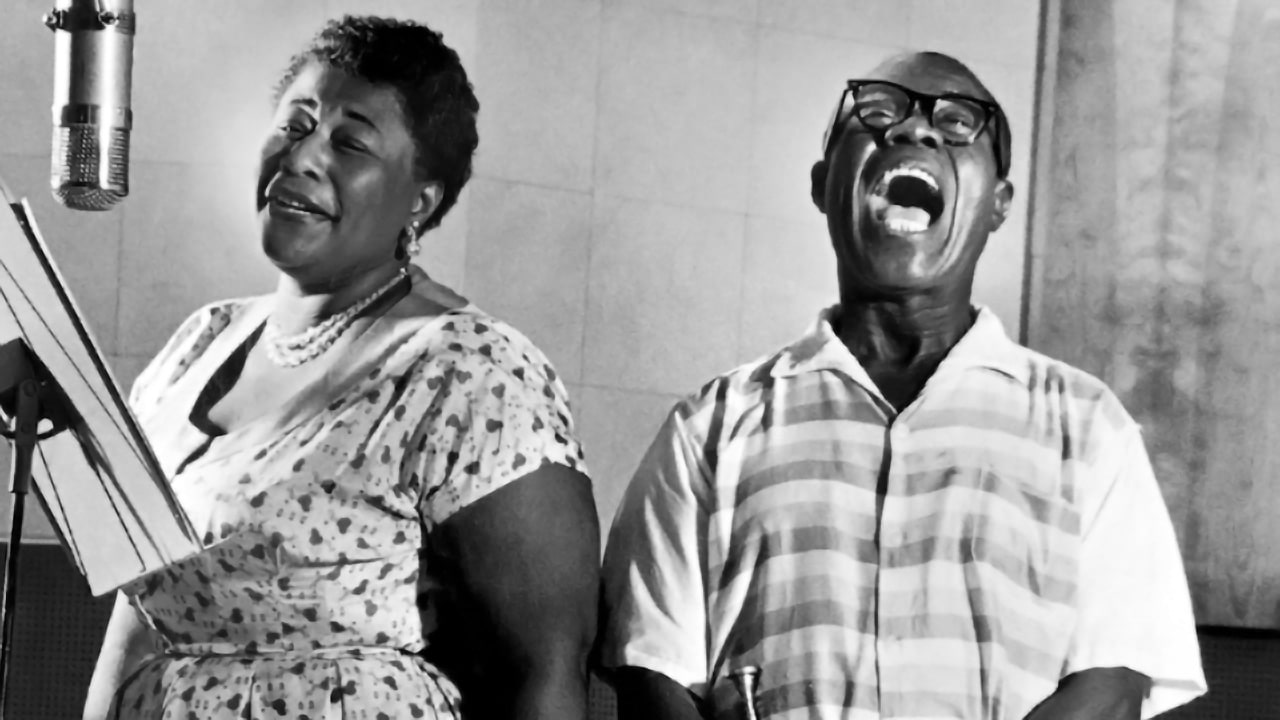Those songs of summer say it best
These days the heat of the summer months is too much for anyone to venture out while the Sun beats down at temperatures way above the average. There are fires and floods and wars and global warming all of which conspire to give summertime a bad name.
But it is not all doom and gloom. Summertime is still the fun-time of the year when people swim and sunbathe by day and party by night with gay abandon. Memories of jasmine fragrant evenings under star-studded skies and summer songs have not faded completely. All one has to do is play one’s favourite summer songs and the good times come flooding back.
The summer song of all time must be ‘Summertime’ by George Gershwin. The rendition by Ella Fitzgerald and Louis Armstrong and his trumpet introduction are the most evocative of the joy of summer. The trumpet introduction by Armstrong sets the scene of the opening line, ‘summer time and the living is easy’ perfectly. It also happens to be true because living is easier in the summer – more generally living is easier in sunny climes which is why people flock there both to holiday and retire.
Of all the Neapolitan songs Luciano Pavarotti sang, the best was ‘O Sole Mio’. As it is literally about the Sun and Pavarotti’s favourite it has pride of place as a summer song. In the performance of the three tenors after the Rome World Cup in Italy in 1990, Pavarotti was asked by the conductor Zubin Mehta to do an encore more riscaldati whereupon Pavarotti opened up in an amazing display of his range as a tenor.
It would be remiss of me not to mention Elvis Presley’s version of the ‘O Sole Mio’, ‘It’s Now or Never’ in English, which was top of the hit parade in US and Britain in 1960 and probably Presley’s bestselling song. Elvis’ voice and the English lyrics are more muscular but no less mellifluous.
There are many Greek summer songs but the one which for me represents Greek summer music at its best is ‘Jamaica’ sang by Yiannis Kalatzis to music by Manos Loizos. The lyrics are about the sea, love, friendship and nostalgia with fine bouzouki music to match.
The choice of Jamaica as its title is that it features in the singer’s imaginary world of sailing to faraway lands entwined with inebriated memories of a long lost love – ke istera to vradaki methismenaki sta kapilia se pina koritsaki san to krasaki goulia goulia does not translate well into English but is poetic in Greek because of the use of the diminutive that has both rhyme and rhythm.
The classic French song ‘La Mer’, so loved by the English intelligentsia, is as its name suggests about the sea but it doesn’t matter because the sea and summer go together. I prefer the faster version of Tatiana Eva-Marie and the Avalon Jazz band which is more summery than the quasi conversational version of Charles Trenet. It is not to be confused with Claude Debussy’s
classical piece ‘La Mer’ which is more about the power of the sea than summertime; Debussy’s prelude a la apres-midi, however, is summer music and very French.
Next up are a couple of songs by Frank Sinatra. ‘The Summer Wind’ is about summer and “golden sands beneath the blue umbrella sky” and Sinatra’s delivery of it is superb. It was inspired by the Sirocco wind that picks up in the Sahara, usually in August, and blows across the Mediterranean to southern Europe.
‘Strangers in The Night’ is another Sinatra summer song – probably his most famous song of all. Its lyrics describe what could only happen on a balmy summer’s evening and Sinatra’s singing sounds as if the song was made for his voice.
Englishmen of old famously went out in the midday sun but that was before the sun set on the British Empire. Alas Englishmen have changed since Noël Coward sang his song, though I am sure he would poke the same fun at Little England as he did the British Empire – after all he was an English patriot. ‘Mad Dogs and Englishmen Go Out In the Midday Sun’ is a very funny song about a breed of Englishmen, no longer around who as the song tells it were impervious to heat.
It is a great song to lighten the doom and gloom of global warming, but despite all the fun of summer and its music, there is a need to linger very briefly on how climate change threatens our planet, particularly summertime, which until now has been the best season of the four.
The Earth’s atmosphere is fragile. It is its Achilles heel and we mess around with it at our peril. The delicate balance that produces predictable seasons has been disturbed by emissions of carbon dioxide (CO2) that have been going on since the industrial revolution began in earnest 200 years ago.
Planet Earth needs a breather: at least five years free of all wars and a moratorium on inessential CO2 emissions to reverse climate change before it becomes catastrophic. For those who are not persuaded that climate change happened because we have been pumping CO2 into the Earth’s atmosphere incontinently, think about it this way. Mars is barren for a reason. Its atmosphere is 95 per cent CO2.
Alper Ali Riza is a king’s counsel in the UK and a retired part time judge







Click here to change your cookie preferences